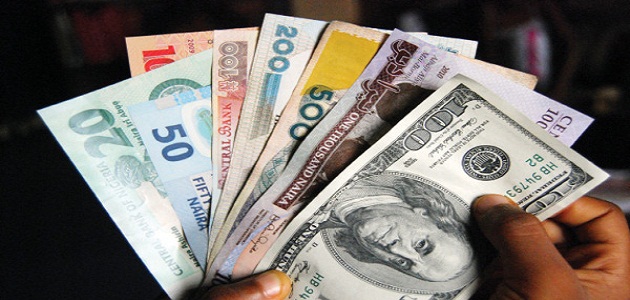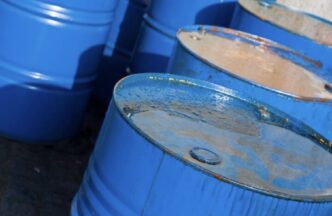The African Development Bank (AfDB) Group has approved a $500 million loan for the federal government to implement the second phase of the Economic Governance and Energy Transition Support Programme (EGET-SP).
Gatekeepers News reports that EGET-SP is designed to fast-track the overhaul of Nigeria’s power infrastructure and expand access to cleaner, more reliable energy sources.
Nigeria launched its Energy Transition Plan on August 24, 2022, outlining a pathway to achieve universal energy access by 2030 and attain a carbon-neutral economy by 2060. The plan targets the dual challenges of energy poverty and climate change, while aligning with Sustainable Development Goal 7 (SDG7) and the country’s net-zero commitment.
The latest approval follows the AfDB’s earlier $500 million loan granted on August 1 for the first phase of the programme. According to the Bank, the policy-based operation covers fiscal years 2024 and 2025.
In a statement issued Wednesday, the AfDB said the second phase aims to drive inclusive growth through reforms in the energy sector and improved fiscal governance.
The programme focuses on three priority areas:
- Strengthening fiscal policy reforms by improving public financial management, and boosting transparency and efficiency in government spending.
- Accelerating power sector reforms to reduce energy poverty, expand electricity access, enhance sector governance, and attract private investment.
- Supporting Nigeria’s energy transition plan through climate adaptation and mitigation measures, including introducing energy-efficiency standards for electrical appliances.
The Bank added that Nigeria’s Nationally Determined Contribution (NDC) will be updated for the 2026–2030 period as part of the programme.
Key beneficiaries include the Federal Ministry of Power, Federal Ministry of Finance, Federal Inland Revenue Service (FIRS), Office of the Auditor General, Debt Management Office (DMO), National Climate Change Council (NCCC), Nigerian Electricity Regulatory Commission (NERC), and several other agencies responsible for socio-economic policy.
Private businesses are also expected to benefit from an improved investment climate and expanded opportunities in the energy sector, with states positioned to attract more public-private partnerships.
As of October 31, 2025, AfDB’s active portfolio in Nigeria comprised 52 projects worth $5.1 billion.
Commenting on the new loan, Abdul Kamara, AfDB’s Director-General for Nigeria, said the second phase will consolidate and extend the gains recorded under the first phase of the programme.








